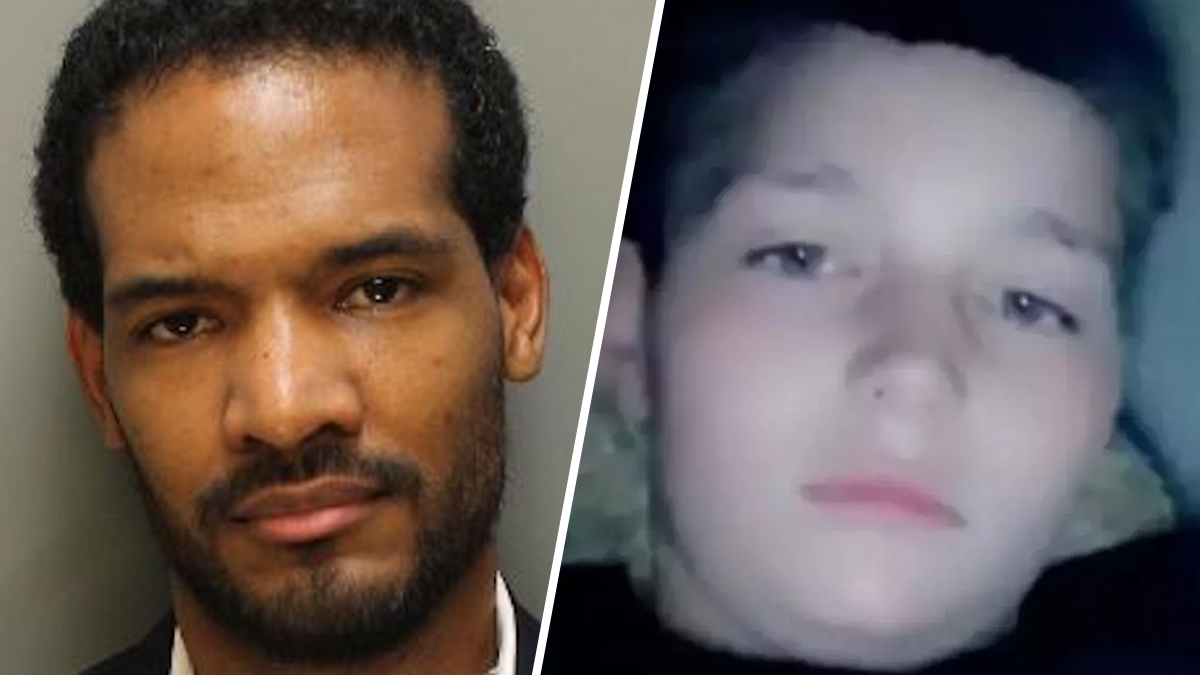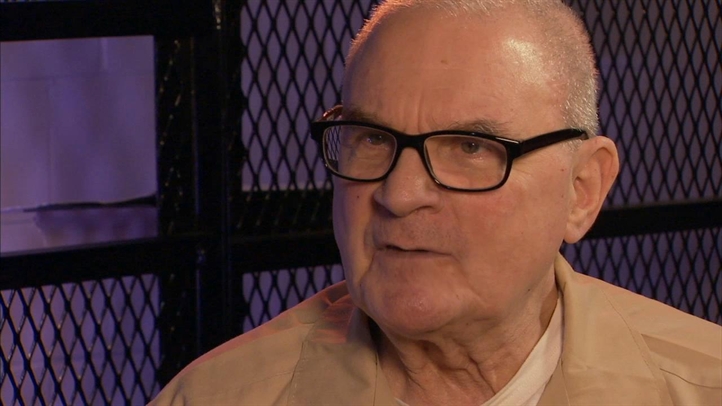Penn State University officials on Monday afternoon said they "strongly disputed" claims by a former student that the school failed to investigate his hazing complaint against a fraternity.
James Vivenzio, of Great Falls, Va., blew the whistle on a fraternity's secret Facebook page that featured photos of naked women said the university ignored his complaints about sexual assault, hazing and drug use for nearly a year. He said in a lawsuit filed Monday against the university and the suspended fraternity, Kappa Delta Rho, that he waited eight months for Penn State to take action before going to police in January.
Penn State officials, however, said the university offered Vivenzio, now 21, "extraordinary assistance over several months, and contended that neither he nor his family were willing to file a formal complaint, provide documents, talk with campus police or engage in the formal disciplinary process. The school also said it sent an investigator to Vivenzio's home in Virginia last year.
Vivenzio's attorney, Aaron J. Freiwald, rebutted the university's statement later Monday afternoon, calling it "dismissive and demeaning," and saying it is "false and misleading in an attempt to conceal and blur the truth."
He said the university's statement compounds Vivenzio's suffering, and directly rebutted the university's claim that the young man and his family declined to cooperate in the investigation.
"In April 2014, at a meeting [lasting] several hours in the family's home, Danny Shaha, the university's chief investigator, was shown dozens and dozens of pages of documentation," Freiwald said in a statement. "The family also pledged full cooperation with any university investigation."
The lawsuit demands a jury trial, as well as punitive and compensatory damages for Vivenzio, whom the attorney said flunked his 2012-2013 freshman year at the school as a result of the abuse he alleges he suffered during the hazing.
Local
Breaking news and the stories that matter to your neighborhood.
Vivenzio spoke earlier Monday, saying that he "never intended to become a whistleblower."
"But when I saw what was going on, and the abuse that myself and others were repeatedly experiencing, and that the University was totally ignoring my documented allegations over several months, they left me no choice but to go to the police before more people — pledges and other innocent students — got hurt, physically and emotionally," the former student added. "It is not an understatement to say that I was afraid somebody could die unless the abuse, the Facebook 2.0 site, and all that was going on, were shut down permanently."
Vivenzio said he and other freshman pledges endured physical abuse including being branded with clothing hangers, burned with cigarettes and forced to drink buckets of alcohol mixed with urine, hot sauce and "other mystery ingredients" until they vomited, according to a news release.
“Mr. Vivenzio blew the whistle on [Kappa Delta Rho] because he feared that what happened to him and other pledges — from being burned with cigarettes, branded with clothes hangers, and poisoned with alcohol — would continue until something catastrophic occurred, possibly a death,” said the former student's Philadelphia-based lawyer, Aaron J. Freiwald. “He realizes that the justice system — not the University, based on its abandonment of him — is the best hope for ensuring that what happened to him and the other victims cannot reoccur on the Penn State campus.”
The complaint contends that Penn State failed to enforce its own anti-hazing policies and to take action quickly after Vivenzio reported the hazing abuse to protect him from further violence and intimidation.
The university "recklessly and unconscionably sat on the information whistleblower Vivenzio had first brought to Penn State's attention, causing further harm to Mr. Vivenzio and to untold numbers of students whose injuries and damages from hazing and sexual misconduct could have been prevented had Penn State acted quickly, responsibly and decisively," the complaint reads in part.
Penn State recently suspended Kappa Delta Rho for three years.
Meanwhile, the national office of Kappa Delta Rho on Monday expelled 38 members at Penn State, saying they violated the fraternity's values.
Kappa Delta Rho Executive Director Joseph Rosenberg, however, cited chapter President Tom Friel for outstanding leadership traits and said that fraternity members who assumed responsibility for their actions wouldn't be expelled.
The fraternity expulsions have no effect on the students' status at the university.
Penn State said in March that its investigation found some fraternity members engaged in sexual harassment and hazing that included a "persistent climate of humiliation" for women.
The school won't recognize the fraternity again until 2018.
Vivenzio and his legal team also launched endhazingnow.com, a website aimed at both his case and the larger campaign to end hazing abuse and violence.



